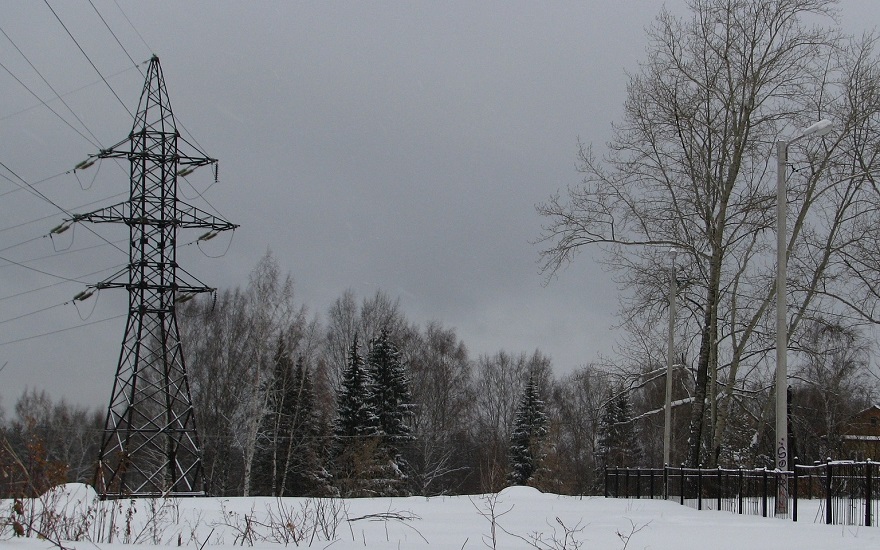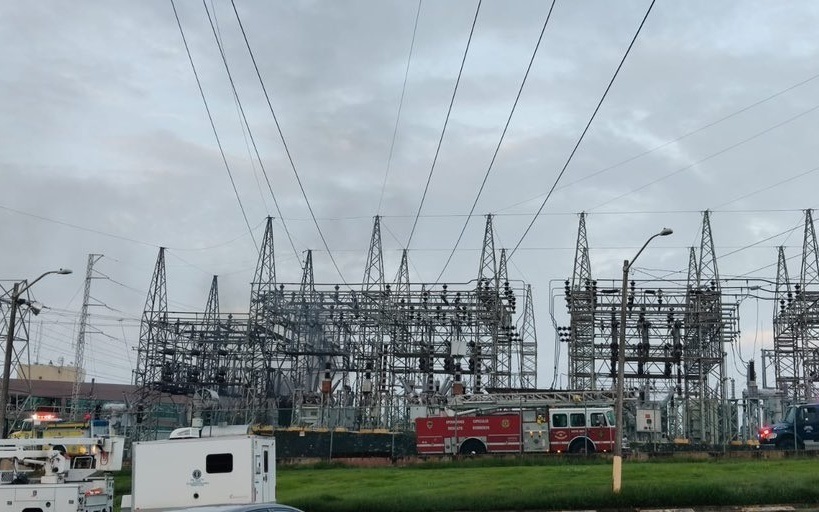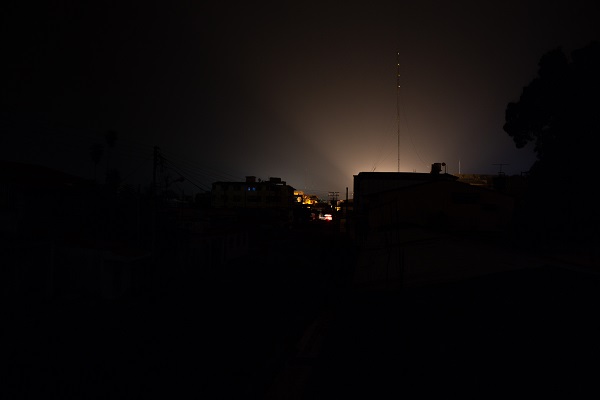The Electric Reliability Council of Texas (ERCOT) admits more than half of the power outages that plagued the state during February’s storms were because generation plants simply couldn’t cope with the freezing weather.
The revelation from ERCOT, which manages the flow of electricity throughout the state, came in its preliminary report filed with the Public Utility Commission of Texas.
Back in February, a record-breaking cold snap battered much of the central USA as temperatures plummeted to -18oC. The storm tragically caused 125 deaths and left millions of Americans without electricity.
The arctic blast knocked several gas-fired generation plants offline, leading to ERCOT initiating load-shedding and rolling blackouts in an attempt to get a grip of the situation.
What Does The ERCOT Report Say?
According to the 9-page submission, some 51,000 MW of generation (more than half the system’s capacity) were offline at the peak of the power problems on 16 February. For sheer scale of the disruption, 1 MW of electricity typically powers around 200 houses.
The majority of generator outages (54%) stemmed from what were described as “weather-related” issues at the plants.
“This includes but is not limited to frozen equipment – including frozen sensing lines, frozen water lines, and frozen valves – ice accumulation on wind turbine blades, ice or snow cover on solar panels, exceedances of low temperature limits for wind turbines, and flooded equipment to due snow or ice melt.”
– Excerpt from ERCOT’s preliminary report to the Public Utility Commission of Texas
Other blackout causes were defined as scheduled shutdowns (15%), equipment failure (14%), fuel limitations such as a lack of natural gas (12%), transmission loss (2%), frequency-related loss (2%), and miscellaneous (1%).
However, ERCOT’s report didn’t provide a breakdown of which generators or energy storage resources experienced which types of problem.
More pertinently, it provided little in the way of explanation for why the power plants were unable to cope with such extreme weather. It also offered no recommendations on how to avert similar incidents in the future.
Failure To Learn The Lessons Of Previous Power Outages?
In the aftermath of another storm that caused similar blackouts in 2011, power plants were advised to put in place measures to mitigate against the impact of harsh weather.
But many operators ignored the recommendations as they weren’t legally required to implement any contingency.
New legislation designed to overhaul Texas’s power grid has already been voted through the state Senate and is set for debate in the House. It includes the authority to fine electricity and gas companies up to $1 million per day for failing to “winterize appropriately”.
In its letter to the Public Utility Commission alongside its preliminary report, ERCOT predicts it will provide its final findings by the end of August.




